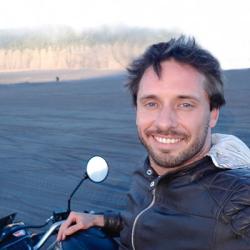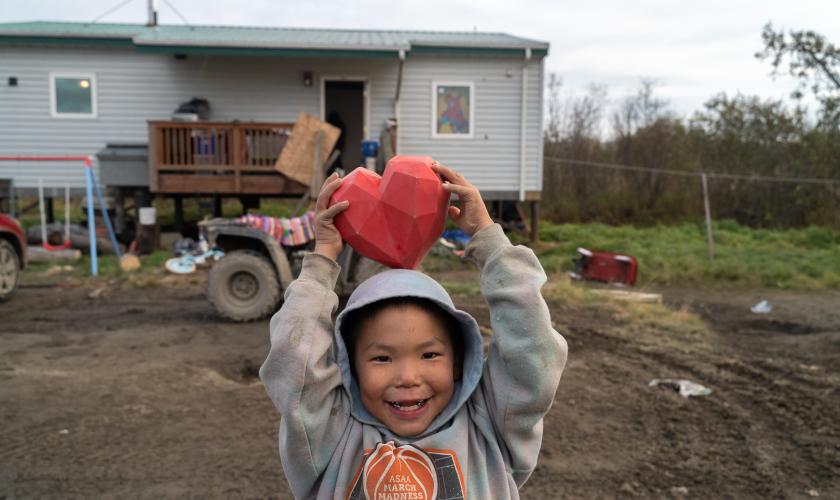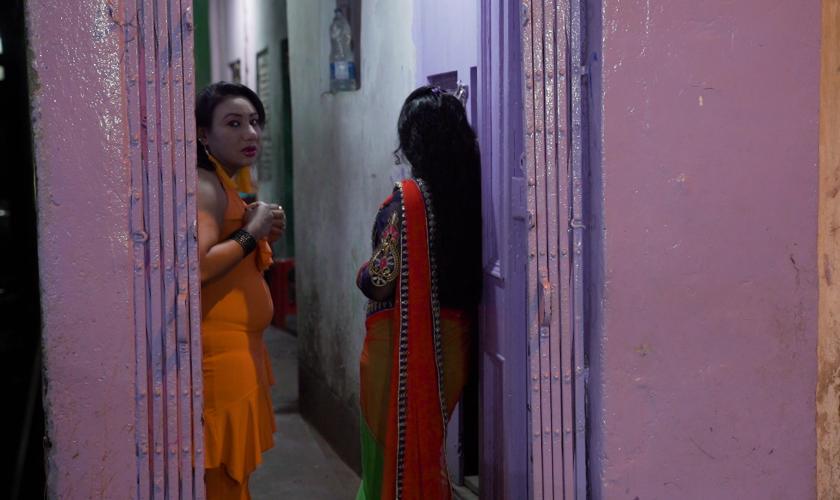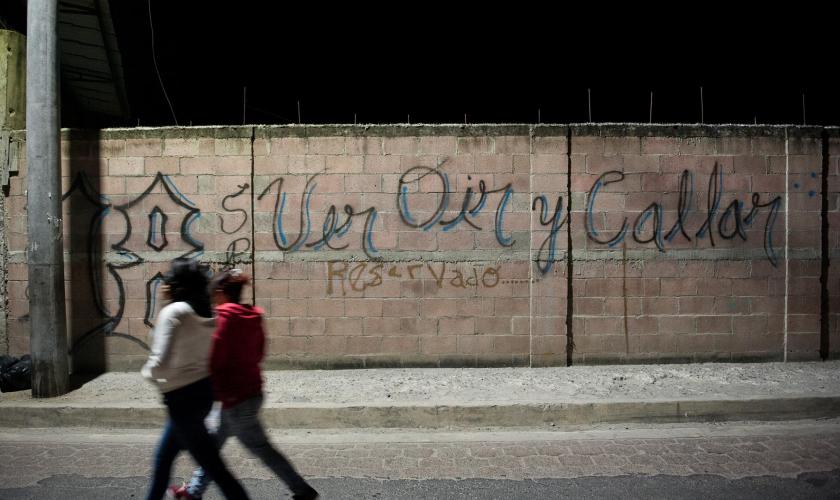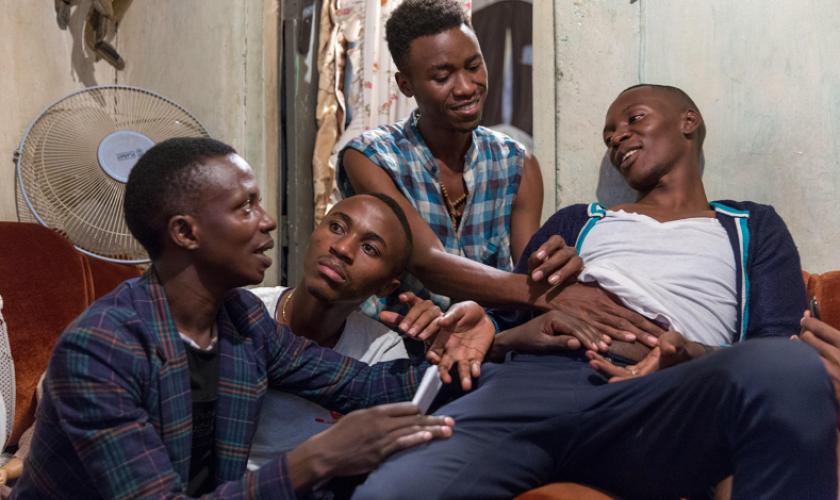Jan De Deken (° 1985) is a freelance journalist and photographer. Since 2010 he has written reports in more than thirty countries.
Writes about international relations, social (in)justice, conflict & development.
Published in:
- Belgium: Knack, De Standaard, De Morgen, De Tijd, Het Laatste Nieuws, Radio 1 (among others)
- the Netherlands: Vrij Nederland, De Groene Amsterdammer, Elsevier, HP/De Tijd, Trouw, De Volkskrant, De Correspondent
- United States: The Daily Beast, Reason
Reported from: Argentina, Australia, Belgium, Benin, Bolivia, Brazil, Bulgaria, Burma, China, Croatia, Cuba, Democratic Republic of the Congo (DRC), El Salvador, Haiti, Indonesia, Japan, Laos, Mexico, Nicaragua, Nigeria, Peru, Philippines, Rwanda, Serbia, Seychelles, Singapore, South Africa, Suriname, Uganda, United States (CA, HI, NV, NY, TX), Uruguay, Venezuela
